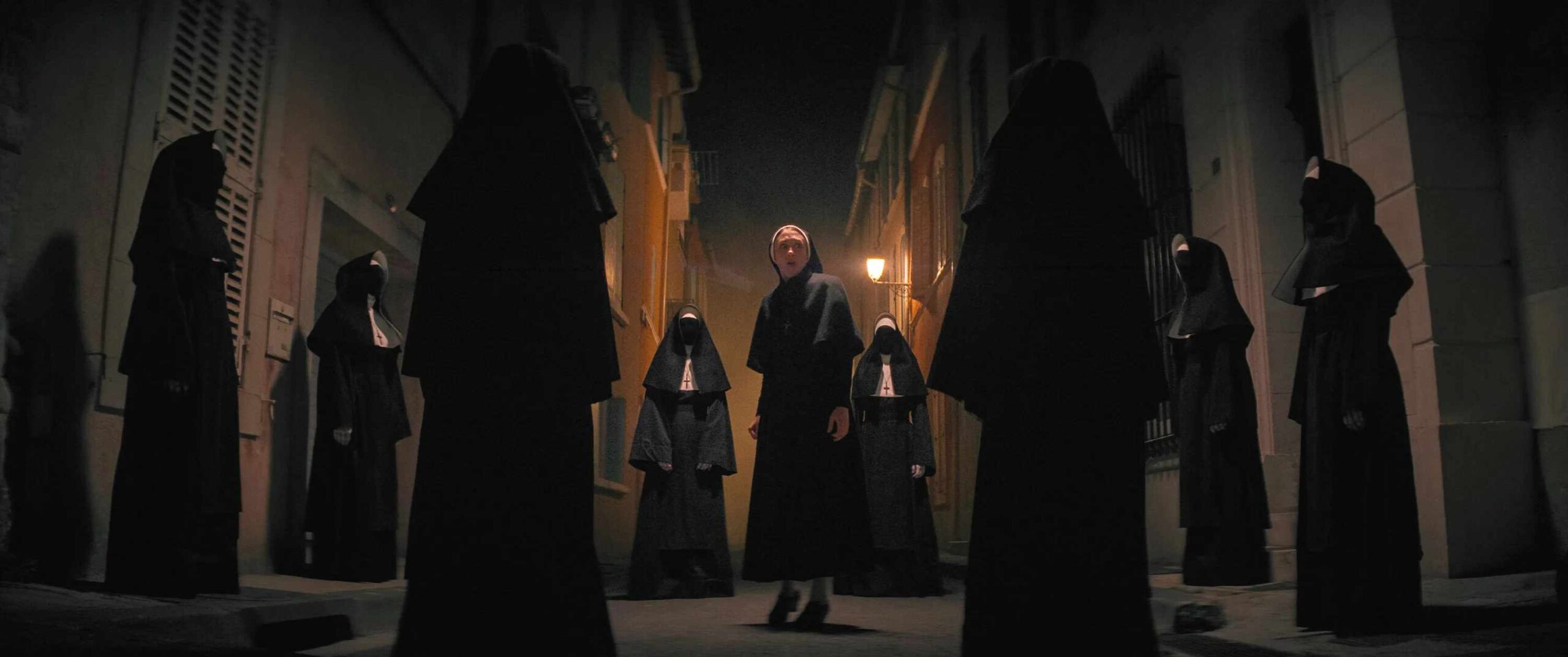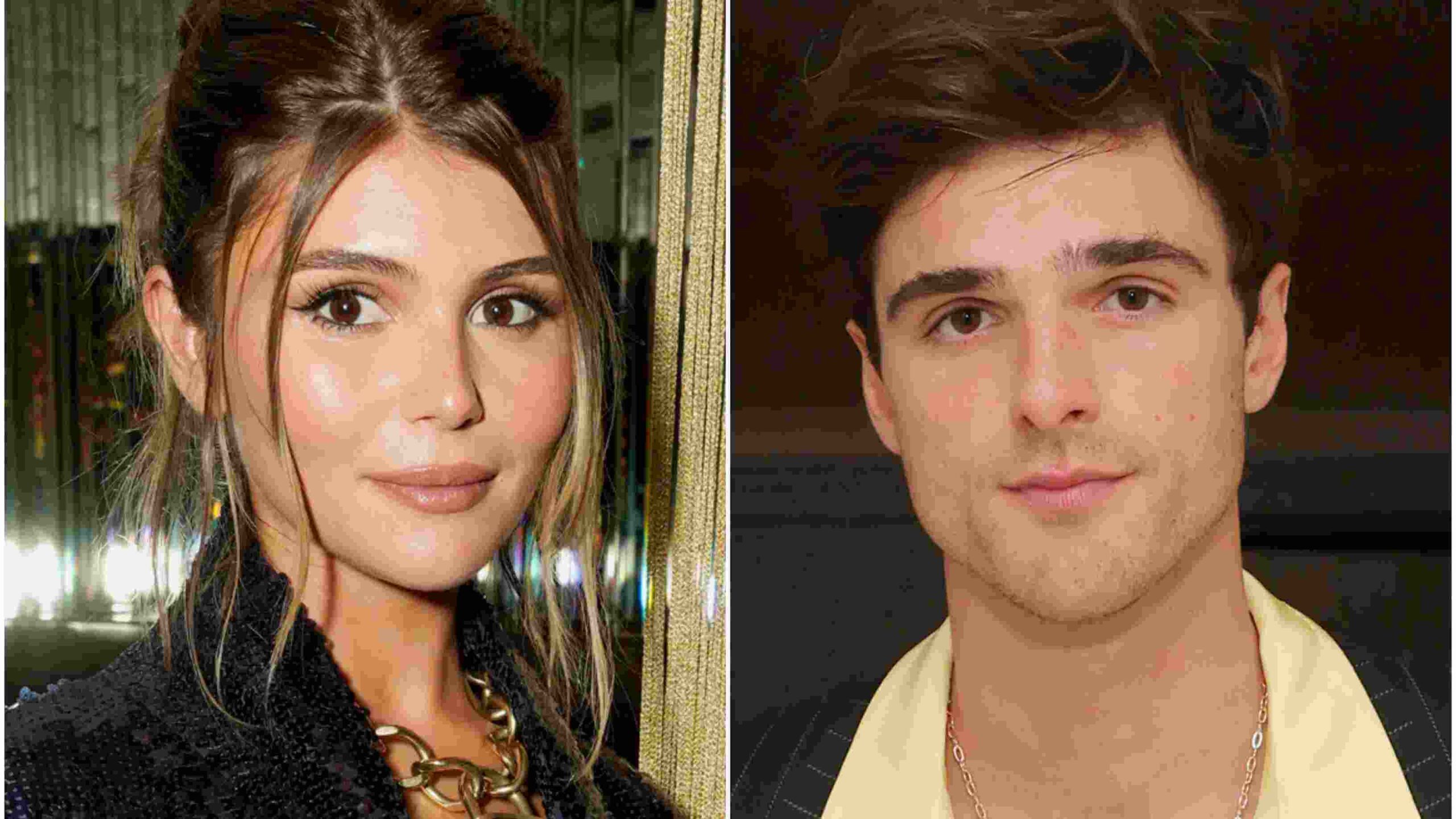All You Need To Know: Why Is Barbie Getting Banned In Many Countries
The international sensation of ‘Barbie,’ a blockbuster film featuring Margot Robbie, has sparked divergent reactions in the Middle East. While many countries are eagerly awaiting its release, Kuwait and Lebanon have taken a firm stand against the film, citing concerns about its compatibility with their cultural values. This article delves into the reasons behind the bans and the debates surrounding them.
Barbie’s Middle Eastern Odyssey
As the highly anticipated ‘Barbie’ film prepares to grace the screens of the Middle East, it’s important to note that not all countries in the region are on board. Kuwait and Lebanon, in particular, have raised objections to the film’s content, prompting bans in their territories.
Kuwait’s Concerns
Late on Wednesday, Kuwait’s KUNA news agency announced the ban, explaining that the movie introduces “ideas and beliefs that are alien to Kuwaiti society and public order.” While the agency did not explicitly pinpoint the contentious plot points, the decision-makers found them objectionable enough to withhold the film from the local audience.
Lebanon’s Stand
Lebanon’s culture minister, Mohammad Mortada, expressed his concerns more openly. He stated that releasing ‘Barbie’ would “contradict values of faith and morality” and “promote homosexuality and sexual transformation.” Mortada’s reservations prompted him to request Lebanon’s General Security agency to review the film’s content. The agency, known for its role in censorship, has yet to make a final decision. Nevertheless, Lebanon is already experiencing a considerable stir due to the film.
Misunderstood Representation
Ironically, the film’s portrayal has been misconstrued in some quarters. The movie features LGBTQ+ actors like Kate McKinnon and Hari Nef, which led to the erroneous assumption that it carries a ‘homosexual agenda.’ However, it’s worth clarifying that the film itself doesn’t promote any specific agenda but rather includes actors who represent a diverse range of identities.
A Wider Release: Despite the bans in Kuwait and Lebanon, the film is set to conquer screens in the United Arab Emirates, Saudi Arabia, and Bahrain. The decision to release the film earlier than initially planned in these countries suggests that the producers have resolved potential censorship issues, ensuring that viewers can enjoy the film without undue restrictions.
The Vietnamese Perspective
It’s not just the Middle Eastern countries that have raised objections. Vietnam also banned the film, albeit for a different reason. The controversy in Vietnam revolves around a map featured in the film, which depicts the disputed “nine-dash line” in the South China Sea. This move underlines the intricate geopolitical sensitivities that can affect a film’s global reception.
Voices of Opposition
Interestingly, the opposition to ‘Barbie’ is not confined to the Middle East. In the United States, figures like Bill Maher have raised concerns similar to those expressed in Lebanon. Some conservative groups have even attempted to rally a boycott of the film. Filmmaker Greta Gerwig, however, views the film as an opportunity for unity, urging viewers to shed constraints that no longer serve society’s progress.
In conclusion, the controversy surrounding ‘Barbie’ and its bans in Kuwait, Lebanon, and Vietnam highlight the complexities of cultural values and geopolitical sensitivities. While the film strives to showcase diversity and inclusivity, misunderstandings and fears can sometimes lead to unintended consequences. As the movie continues to make its global journey, it serves as a reminder that open dialogue and understanding remain essential for bridging gaps between different worldviews.
Also Read: 5-Most Famous K-Dramas Celebrities In USA, Europe & India






















